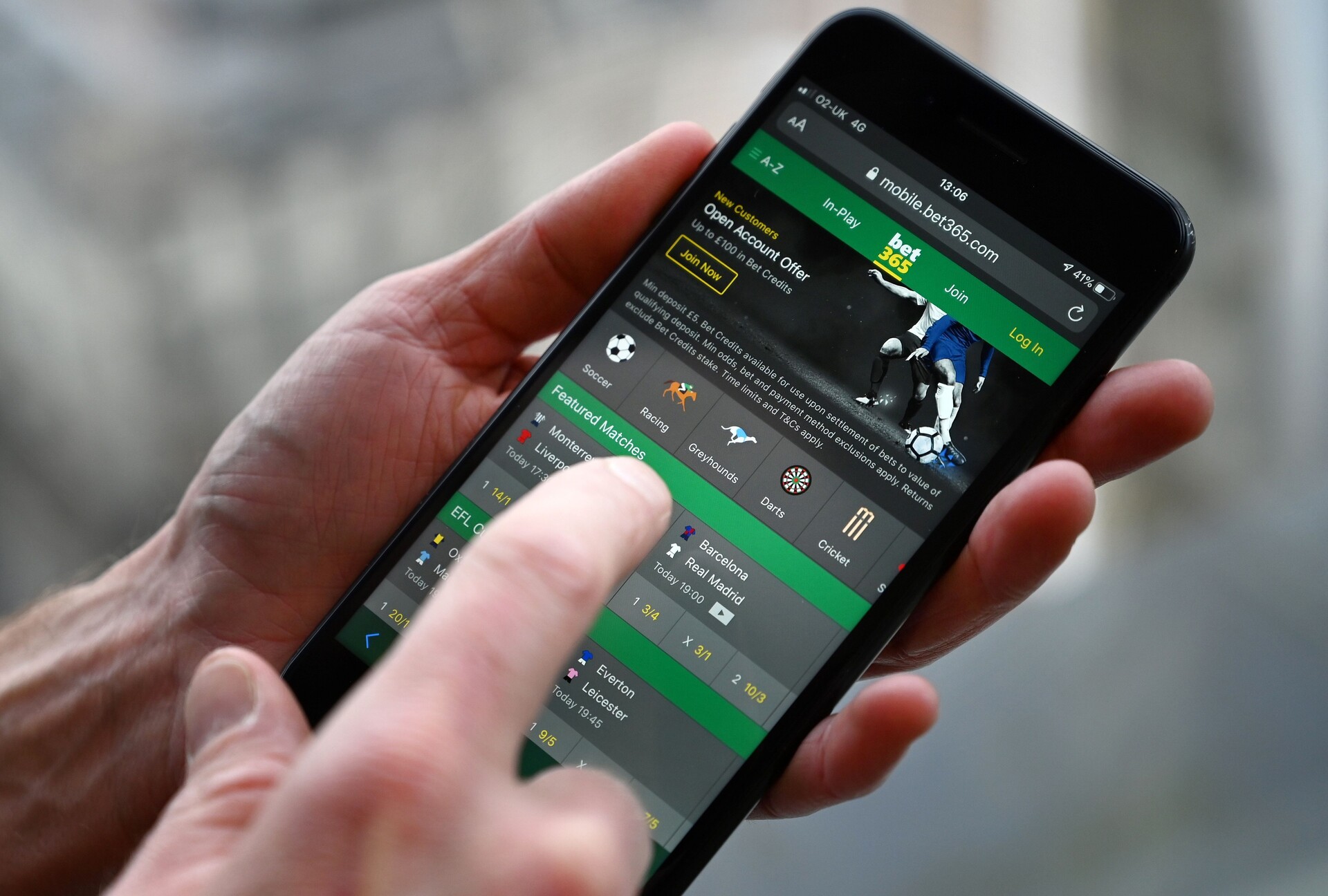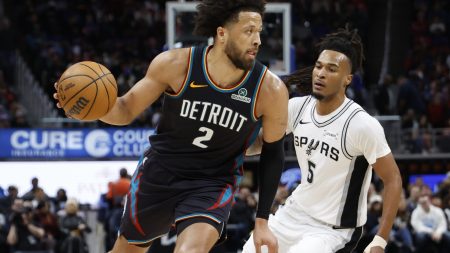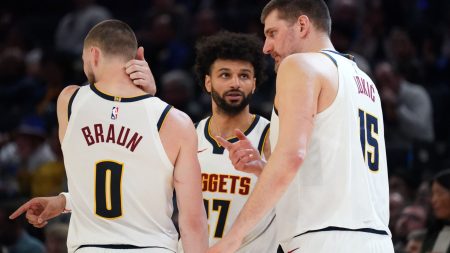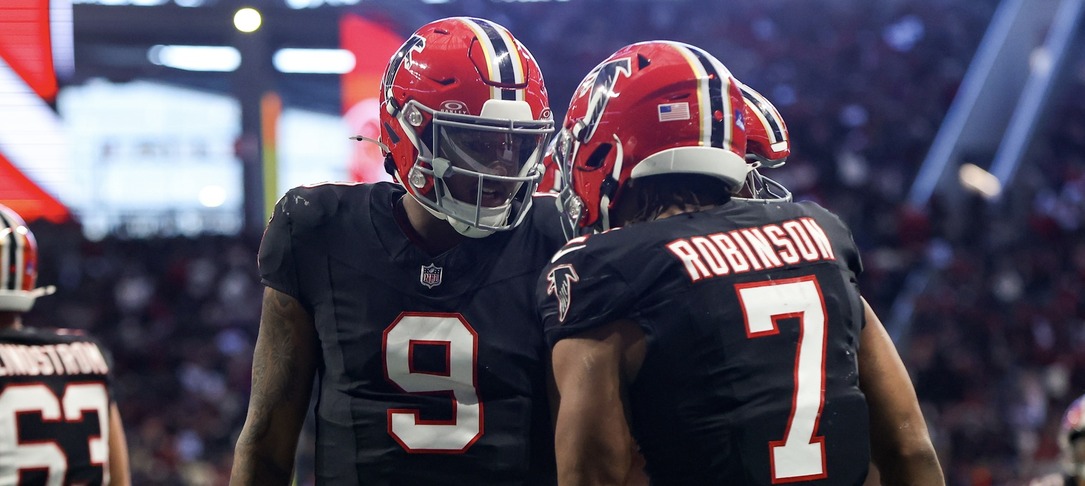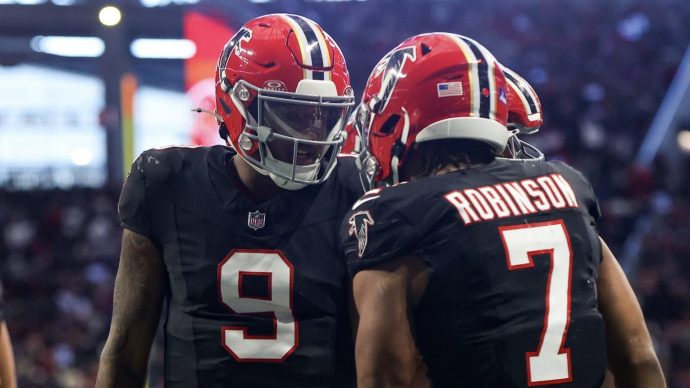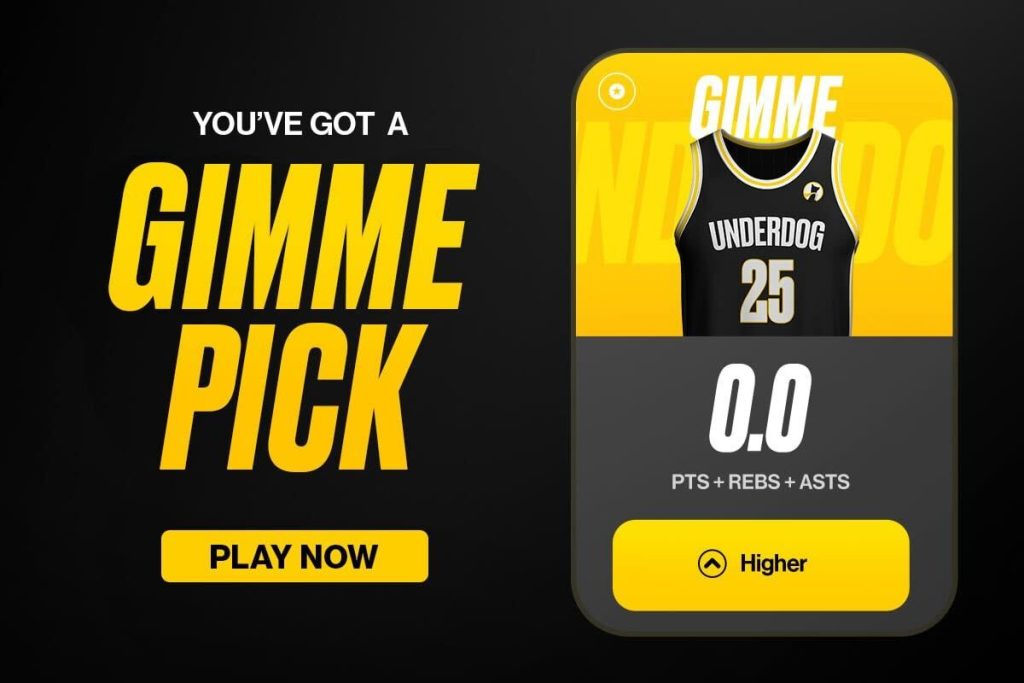The National Council on Problem Gambling (NCPG) is in Boston from July 20-23 for its annual conference, but the NCPG isn’t your standard industry conference.
The big shows like ICE, IGA, and G2E focus on the operator and how they can appeal to the customer. Conferences like NCLGS (the National Council of Legislators from Gaming States) tackle the legal and regulatory part of the equation. And events like SBC Summit are a grab-bag of everything and anything.
The NCPG conference is different due to its hyper-focus. If you haven’t been, you are missing a critical piece of the sports betting puzzle: the fallout.
Responsible gambling and problem gambling are a growing part of the education track at virtually every conference. There is little doubt that the popularity and expansion of sports betting is driving this newfound interest in responsible gambling and problem gambling discussions and actions.
However, like education sessions on other topics, the rooms are often filled with people with a cursory understanding of the topics. Instead of high-level, nuanced discussions, there is a lot of basic education and generalization, or what can be termed: responsible gambling and problem gambling 101.
That is not the case at the NCPG Conference, where most attendees are well-versed in the matter, allowing the discussions to skip over well-trodden ground and get to the heart of the matter. The result is superior discussions with lots of food for thought.
Great first panel at the @NCPGambling Safer Sports Betting conference. I always get a tidbit here and there at industry conferences, but NCPG is a constant stream of interesting info.
— Steve Ruddock (@SteveRuddock) July 20, 2022
Author’s note: I moderated the final panel session of the day, dealing with protecting athletes.
What I Learned At The NCPG Safer Sports Betting Summit
There were three themes consistently brought up during the Safer Sports Betting Summit.
Learning Curve
Implementing responsible gambling policies is a learning process. Whether it was representatives from NASCAR, the NFL, or responsible gambling departments, there was agreement that responsible gambling policies are a work in progress, and there will be successes and failures.
The good news is that the leagues and operators are trying all kinds of campaigns and evaluating what resonates and doesn’t.
One of the campaigns discussed was the NFL’s campaign featuring Steve Mariucci. According to the NFL’s Vice President and Chief Compliance Officer, Sabrina Perel, the campaign was well-received – evidenced by the head-nods throughout the room. And as Perel noted, the league can now look at the number of visits to the RG site for metrics on ad effectiveness.
NASCAR has a road to recovery programs for addiction, but not gambling recovery. At least not yet.
Joe Solosky, Managing Director of Sports Betting at NASCAR, said the league was admittedly late to the game but reiterated NASCAR’s slow and steady rollout strategy, saying, “Yes we are being a little reactive, but we don’t want to be.” Solosky also pointed to a “scared straight” type program NASCAR launched for its drivers and crew members as an example of trying new things.
Finding Balance
A second takeaway was the need to find the right tone and balance in messaging for the leagues and sports betting brands.
For leagues, too much focus on gambling is not only harmful, but as Solosky explained, it will be off-putting to the vast majority of NASCAR fans. According to Solosky, NASCAR’s research indicates that 20% of the fanbase does or will bet on races. To avoid angering the other 80%, NASCAR uses second-stream experiences bettors can opt into on NASCAR.com.
Perel noted that the NFL imposes advertising caps on its partner sportsbooks, limiting the number of ads per quarter, game, and halftime.
For operators, the calculus is different. Balance means threading the needle between promoting their sports betting brand and doing so responsibly. That means developing responsible gambling messaging that resonates in a positive way. According to Chrissy Thurmond, Director of Responsible Gaming at DraftKings, that hope is becoming a reality, as the company’s click-through rate on some of its RG messaging rivals the rate of the company’s top promotional material.
Rich Taylor, BetMGM’s Responsible Gambling Program Manager, explained that two weeks after account creation, the customer receives an RG communication on the tools available and the basics of responsible betting – that it’s for entertainment and not to pay rent.
Taylor also noted that MGM has several employees who get additional training in dealing with customers when something pops up and doesn’t feel quite right. As Taylor pointed out, sometimes a deposit issue is just a deposit issue, but sometimes it’s not.
Tammi Barlow, the Director of Corporate Social Responsibility at Rush Street Interactive, summed up this balance perfectly, saying there is a need to “go beyond the brochure” in responsible gambling messaging.
Education
As noted in the opening, everything in the gambling space is nuanced. Where sports betting is legal; what forms of betting are permitted in each locale; what operators are active in each state; what other restrictions are in place? Nothing is ever simple, meaning there is a lot of ignorance to overcome and misinformation floating around.
Counteracting that isn’t easy. Lawmakers, regulators, and bettors need to be educated. And even the experts, the operators, need to understand the rules they are playing by in these new locales. And for each group, information flies at them from 15 different directions.
According to Solosky, despite NASCAR’s efforts, many unknowns exist among fans, athletes, and staff.
“We have teams that come to us asking about sponsorships with offshore books,” Solosky said, adding that they don’t know how to tell the difference between a legal, licensed operator and an offshore operator.
Solosky also said that during interactions, many fans are unaware they can bet on NASCAR races.
Bottom line: We are all learning.
Upshot: The Three Principles
When it came to mitigating problem gambling, the overall takeaway from the day’s sessions was the need for a three-pronged approach:
- Guardrails
- Prevention
- Treatment
Lawmakers and regulators need to install proven guardrails. As all four operator reps noted, they are not opposed to restrictions, but these restrictions need to be reality-based and informed by stakeholders and experts in the field. Restrictions that sound good can have unintended consequences.
Prevention requires the industry and stakeholders to shift from the all-too-common reactive approach to a proactive approach focusing on research, education, and evaluation. That requires buy-in from all corners of the industry and proper funding.
And the third prong is treatment. What does the industry do when the guardrails are broached, and prevention fails? How do operators deal with obvious problematic play? Are there easy-to-use lifelines available to bettors? Do treatment programs exist and are they properly funded?

